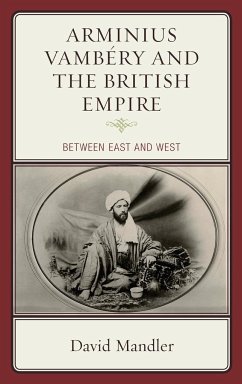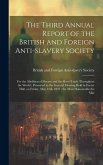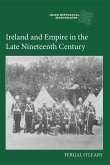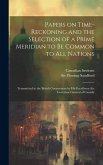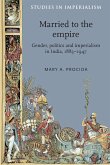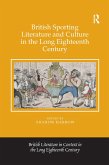This book frames the fascinating life and influential works of the Hungarian Orientalist, Arminius Vambéry (1832-1913), within the context of nineteenth century identity politics and contemporary criticisms of Orientalism. Based on extensive research, the book authoritatively presents a comprehensive narrative of Arminius Vambéry's multiple identities as represented in Hungary and in Great Britain. The author traces Vambéry's development from a marginalized Jewish child to a recognized authority on Hungarian ethnogenesis as well as on Central Asian and Turkish geopolitical developments. Throughout the book, the reader meets Vambéry as the Hungarian traveler to Central Asia, the British and Ottoman secret agent, the mostly self-taught professor of Oriental languages, the political pundit, and the highly sought after guest lecturer in Great Britain known for his fierce Russophobe pronouncements. The author devotes special attention to the period that transformed Vambéry from a linguistically talented but penniless Hungarian Jewish youth into a pioneering traveler in the double-disguise of a Turkish effendi masquerading as a dervish to Central Asia in 1863-64. He does so because Vambéry's published observations of an arena still closed to Europeans facilitated his emergence as a colorful personality and a significant authority on Central Asia and Turkey in Great Britain for the next fifty years. In addition, the book also devotes significant space to Vambéry's dynamic relationship to his most famous student, Ignác Goldziher (1850-1921), who is considered to be one of the founders of modern Islamic Studies. Lastly, Vambéry's impact on Bram Stoker, the author of Dracula, is also explored. Original Language: English
Hinweis: Dieser Artikel kann nur an eine deutsche Lieferadresse ausgeliefert werden.
Hinweis: Dieser Artikel kann nur an eine deutsche Lieferadresse ausgeliefert werden.

